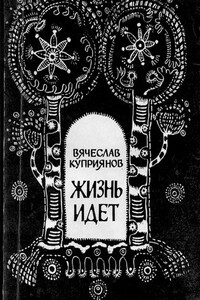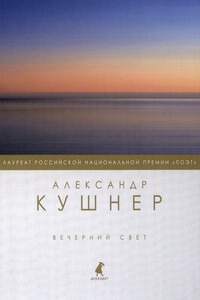A moongate in my wall: собрание стихотворений | страница 8
By the end of 1920s, the political situation in northeast China (called Manchuria by the foreigners) had changed. Since 1924, the Chinese Eastern Railway had been operated jointly by the USSR and the Chinese Republic, but their relations steadily worsened. In 1929, a serious conflict led to military action on the west border, easily won by the USSR. In autumn 1931-winter 1932, Japan occupied the three northeast provinces of China and in March 1932 established the puppet state of Manchukuo. Two years later, Manchukuo was transformed into the Great Manchu Empire with the puppet emperor Pu Yi on the throne. The USSR was forced to sell its share of the Chinese Eastern Railway to Japan in 1935 and pull out of the area.
Henry Vezey's newspaper Harbin Daily News closed in 1932, and in 1933 the Vezey family moved to Shanghai, as many Harbin Russians did in the 1930s. Shanghai was too international to allow for the creation of the Russian atmosphere typical of Harbin, but nevertheless there was some Russian cultural and literary life, including publication of books, newspapers, and journals. In Shanghai, Mary Vezey worked for foreign firms and continued to write poetry and some short stories, the latter published under a pseudonym of A. Raevskaia.[20]
Her second collection of poetry came in 1936. Entitled as simply as the first one, Slikholvoreniia (Poems), but numbered II, it contained 52 poems, all in Russian. Most copies of this collection were allegedly "eaten by rats" during the 1937 Japanese attack on Shanghai, as Mary Vezey was later informed by the publishers V.P. Kamkin and Kh.V. Popov,[21] Like the first collection, it became a bibliographical rarity.
Reviewing the second collection, Harbin poet Natalia Reznikova wrote that in Vezey's poetry "the influences of A. Blok and Anna Akhmatova are organically intertwined. (…) However, Blok's motifs provide relief from the concrete, earthly, sensual "Akhmatova style" and impart transparency, detachment, and a seraphic quality to her current poems. M. Vezey's own independence is felt in precisely this combination of almost incompatible elements. (…) It's true that the metre is not always strictly observed, and some poems are technically weak, but this lack of technique in Vezey's poetry does not irritate. There is something of wildflowers, of unmowed meadows, in these inconsistent lines, broken like intakes of breath."



